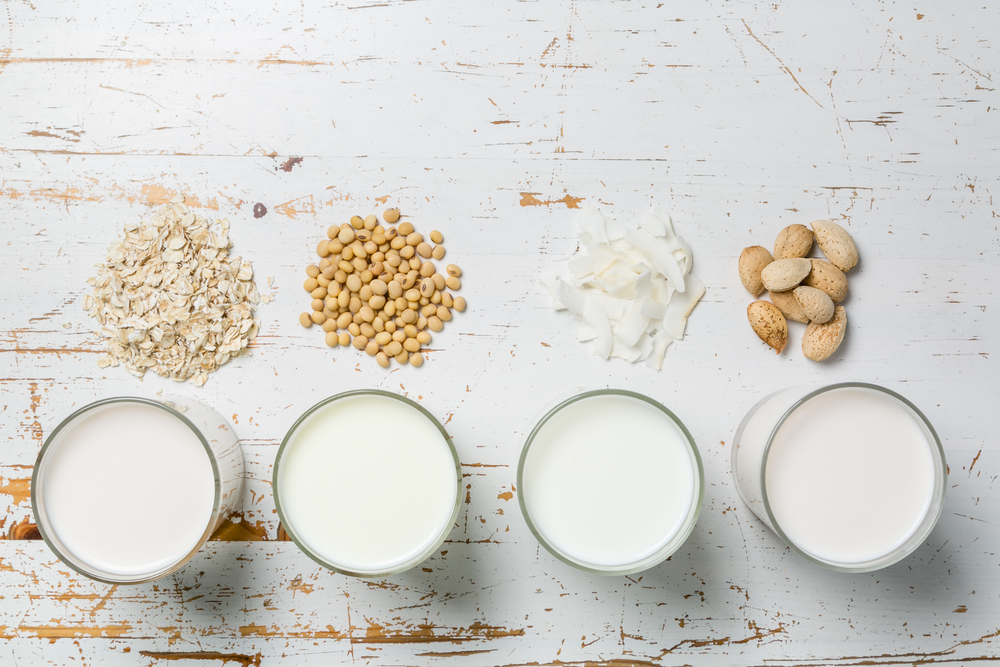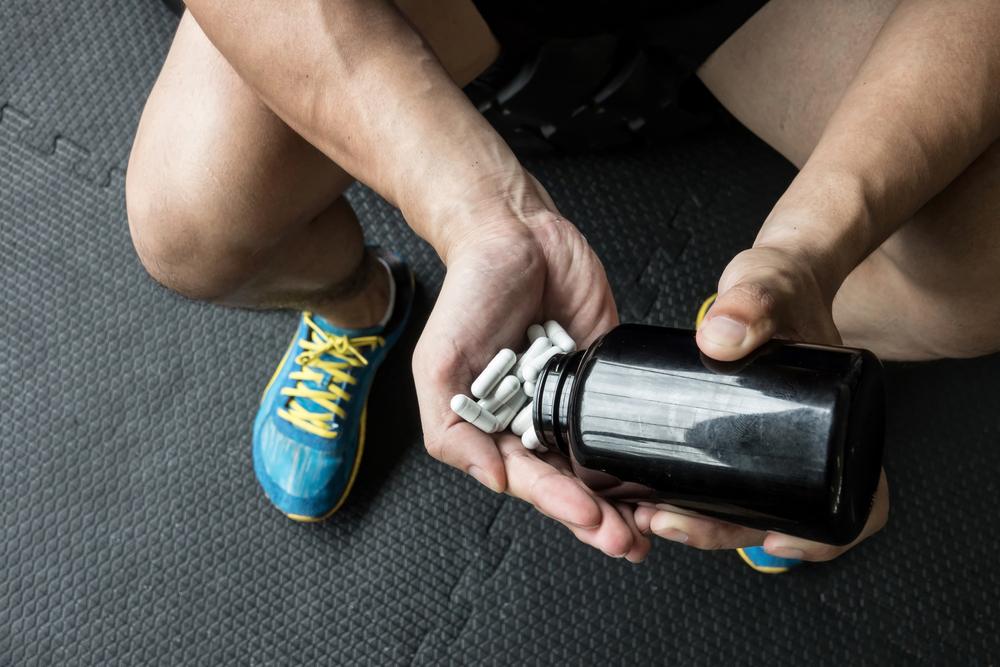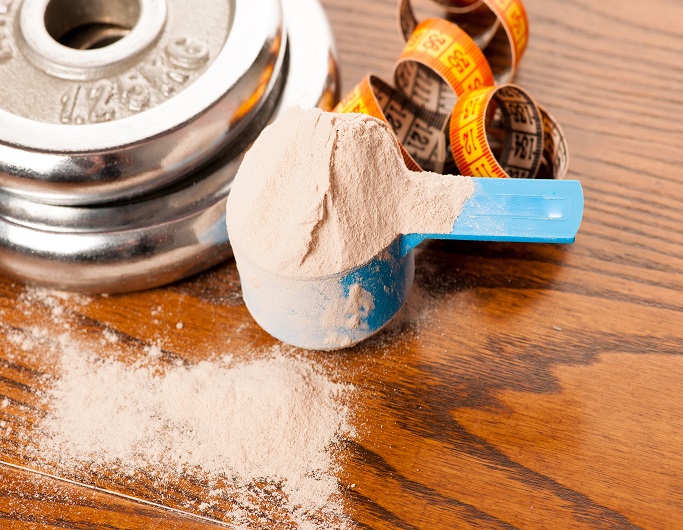
What Is Whey Protein?
Whey protein is simply the bi-product you get when making cheese. Once you remove water and casein content from this bi-product, you are left with whey protein concentrate. Whey protein is lauded by athletes and bodybuilders for the vast array of training and physique benefits it can provide. Whey protein products, such as our Whey Protein 80, are therefore quite possibly the most popular sports supplement on the market today. Here’s the inside ‘scoop’ and all you need to know about whey protein:
BENEFITS OF WHEY PROTEIN

POTENTIAL SIDE EFFECTS OF WHEY PROTEIN
Whey protein is likely safe and effective for most adults. High doses of whey protein are associated with some side effects such as increased bowel movements, nausea, bloating and reduced appetite.
Those with gastrointestinal problems such as food allergies, lactose intolerance or irritable bowel syndrome should avoid whey protein. This is because they may be at risk of developing an allergic reaction when taking whey protein. Effects can include bloating and diarrhoea.
ALTERNATIVES TO WHEY PROTEIN
Although whey protein remains the de-facto choice for most, non-dairy proteins are gaining popularity. Non-dairy proteins are often the choice for those looking to avoid dairy based proteins such as whey protein. Non dairy proteins provide the same benefits and hold an almost identical amino profile to that of whey protein. Those suffering from side effects associated with whey protein, or avoiding whey protein for other reasons, could consider the following:
– Soy protein: The vegetable protein that most closely resembles the amino profile of whey protein. Often considered the most effective whey protein alternative and is widely used by vegetarian or vegan athletes.
– Pea protein: A 100% natural vegetable protein source made from concentrated protein fractions of golden peas. Pea protein maintains an excellent branched chain amino acid profile, close to that of whey protein.
– Brown rice protein: Completely gluten free, some athletes actually prefer this type of protein because of the additional nutrients found within it. These include high levels of certain B vitamins, a good amino acid profile and high fibre content.
– Hemp protein: Extremely nutrient dense protein source made from hemp with high levels of zinc, magnesium, iron, potassium and essential fatty acids. It is often termed “nature’s all-in-one”.






No Comments yet!